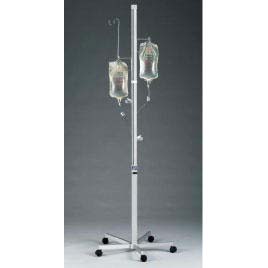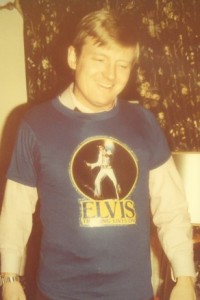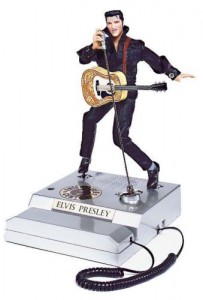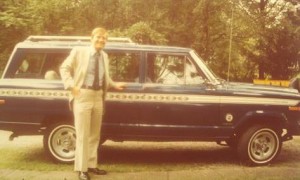Recently I drove to Chicago to visit an infusion center, a place where cancer patients receive IV chemotherapy and other drugs. As I walked past the word “oncology” on the door, my heart melted with gratitude that I didn’t have cancer.
Following the nurse through a maze of hallways, I was ushered to a comfortable lazy-boy next to a clean floor-to-ceiling window. Immediately outside the glass was a wooden park bench, a fountain shut down for the winter and a circular brick walkway. All of it was covered with 6” of snow.
On my other side was a row of recliners, each with an occupant. Behind us was a second row, their backs facing our backs, and each person had their own TV on a swing-arm from the wall in front of them. I had one, too.
While I was waiting for my nurse to “be right back,” I studied the room. There were twenty-plus medical people, each flitting back and forth from their patients to a massive circular desk like children in a game of hide and seek, racing back to home base. Among these doctors, nurses and techs, there were multiple conversations going on, most dominated by a computer screen.
And then there was the reason for the whole set-up, the people occupying the lazy-boys. My area could have been a wig shop for the variety of hair on people’s heads. Some were elegant, others not so pretty, but all made sense in this situation. I thought of Nate with his full head of blond hair and his decision not to accept the chemo his doctors had offered. Both of us knew maximum-strength chemotherapy would have doubled the misery of his last weeks.
As my nurse returned with her IV kit and a pile of pamphlets, I glanced at my next-door-neighbor, a woman looking to be in her eighties. Maybe she wasn’t that old, because cancer does terrible things to the appearance, but she’d left her teeth at home and had dressed in several layers of sweaters. My heart went out to her. What was her story? She clutched a box of tissues, mopping her mouth but keeping her eyes squeezed closed as if in pain. Did she have people loving her, looking out for her best interests? What was her prognosis?
My young nurse bubbled with conversation, a sweet smile on her face continually. She was a pro at starting my IV, and I was thankful for the drug that would prevent bone loss and osteoporosis. The clear liquid was done infusing before I’d finished reading the literature.
What does my future hold? Maybe I’ll be in a chemo chair before life finishes. This morning I learned of a friend’s death from cancer. She’d refused treatment for one reason: she was ready to meet Jesus. Whether a person chooses chemo or not is a complicated decision. But whether or not a person is at peace when death is near, is usually based on only one thing: knowing Jesus personally.
Without that assurance, contentment changes into uncertainty and fear.
“The day of death [is] better than the day of birth.” (Ecclesiastes 7:1b)





